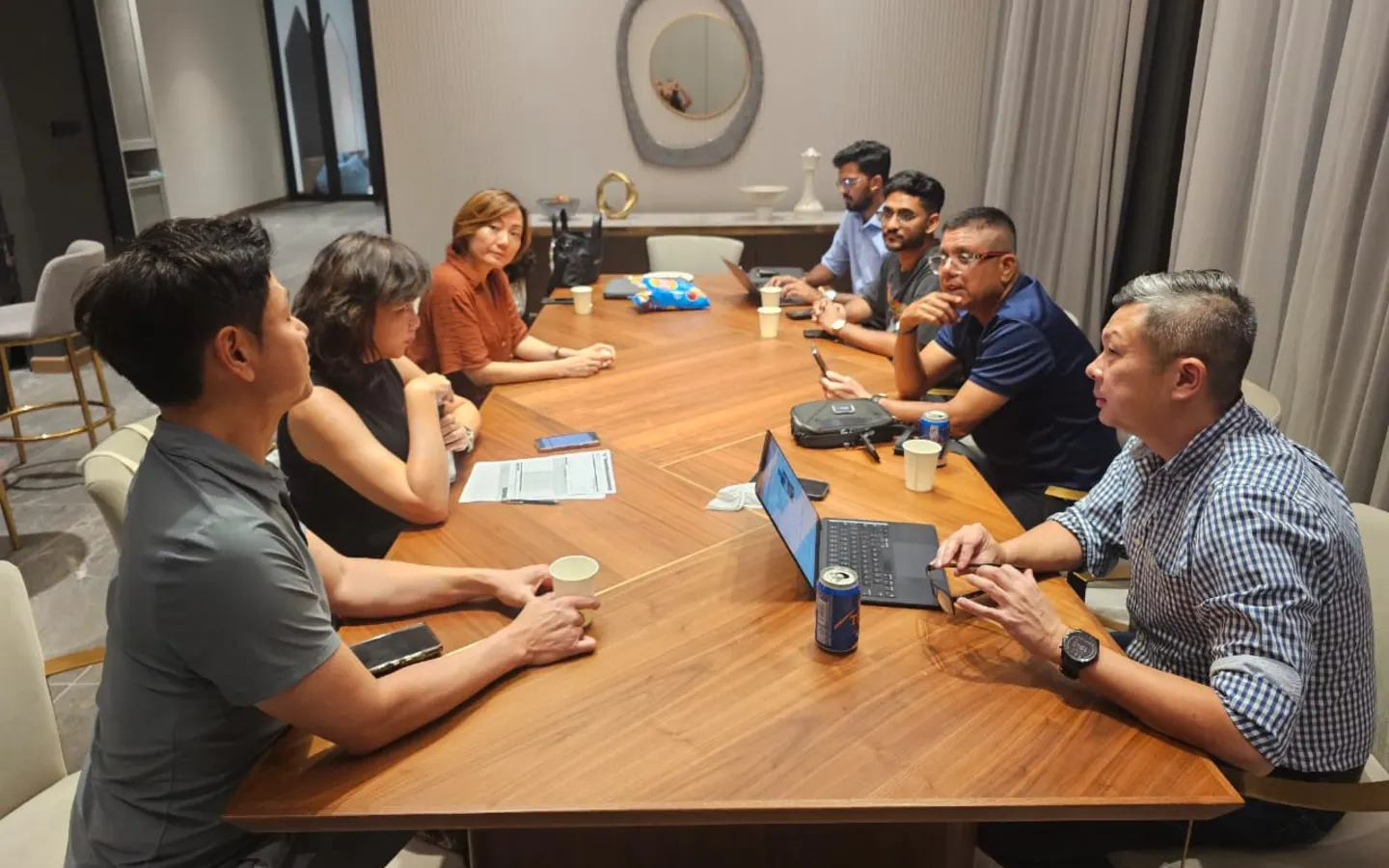When Paul Harris founded Rotary in 1905, the world of work looked vastly different. Business was conducted face-to-face, careers often lasted decades at single companies, and professional networking happened primarily through local chambers and service clubs. Today’s working professionals navigate remote work, frequent career changes, global connectivity, and an always-on digital culture. Remarkably, Rotary has not only survived this transformation but has thrived by adapting its core mission of service above self to meet the needs of modern professionals.
Embracing Flexible Meeting Formats
Perhaps the most visible evolution has been in how Rotary conducts its signature weekly meetings. Traditional noon meetings, while still popular, now compete with breakfast clubs, evening sessions, and hybrid virtual formats. The pandemic accelerated this shift, with many clubs discovering that online meetings could actually increase attendance by removing geographical barriers and accommodating busy schedules. Today’s professionals can participate in Rotary service whether they’re traveling for work, working non-traditional hours or managing family commitments. Some clubs have pioneered “meeting-free” months focused entirely on hands-on service projects, recognising that younger professionals often prefer action over formal presentations. Others offer “Rotary on the Go” options where members can attend meetings from different clubs worldwide, perfect for consultants, sales professionals, or anyone with irregular schedules.
Digital-First Networking and Service
Modern Rotary has embraced technology not just for convenience but as a powerful tool for service. Club websites, social media presence, and mobile apps keep members connected between meetings and help showcase community impact to attract new members. Digital fundraising platforms have made it easier to support both local and international projects, while online volunteer matching systems connect members with service opportunities that fit their schedules and skills. The rise of professional social networks like LinkedIn has also changed how Rotarians connect. Many clubs now maintain active LinkedIn presence, sharing member achievements and service projects to a broader professional audience. This digital footprint helps Rotary remain relevant to professionals who expect seamless integration between their personal, professional, and service commitments.
Project-Based Engagement
Understanding that today’s professionals often prefer flexible, project-based commitments over long-term committee assignments, many clubs have restructured their service approach. Instead of expecting members to chair committees for entire years, clubs now offer short-term project leadership opportunities. A marketing professional might lead a three-month social media campaign for a literacy project, while an accountant could volunteer their expertise for a specific nonprofit’s financial review. This shift acknowledges that modern careers are often project-driven and that professionals want to contribute their specific skills rather than just their time and checkbooks. It also allows members to engage more deeply with causes they’re passionate about without overwhelming long-term commitments.
Diverse Membership and Inclusive Leadership
Rotary’s evolution extends far beyond logistics to fundamental changes in membership composition and leadership philosophy. The admission of women in 1987 was just the beginning of a broader transformation toward inclusivity. Today’s clubs actively recruit members from diverse professional backgrounds, age groups, and cultural communities, recognising that effective service requires varied perspectives and skills. Leadership development programs now emphasise collaborative rather than hierarchical approaches, appealing to professionals accustomed to matrix organisations and cross-functional teams. Many clubs have abandoned rigid protocol in favor of more casual, discussion-based formats that encourage participation from all members rather than just senior leaders.
Global Perspective, Local Impact
Modern professionals often think globally while working locally, and Rotary has adapted to match this mindset. International service projects now commonly involve direct participation from local club members through travel, virtual mentoring, or professional skills sharing. A software developer in Chicago might provide technical training to entrepreneurs in Guatemala, while a teacher in Portland could develop curriculum for schools in Kenya. This global connectivity appeals to professionals who want their service to have measurable impact and who value learning about different cultures and business practices. It also provides networking opportunities that extend far beyond local business relationships.
Skill-Based Volunteering and Professional Development
Perhaps most importantly, modern Rotary recognises that today’s professionals want service opportunities that also enhance their skills and career development. Leadership roles within Rotary now explicitly focus on developing competencies valued in modern workplaces: project management, cross-cultural communication, fundraising, public speaking, and team leadership. Many clubs partner with local universities and professional organisations to offer continuing education credits for Rotary participation. Others host professional development workshops that serve both members and the broader community, from social media marketing for nonprofits to financial literacy for small business owners.
Looking Forward
As Rotary approaches its 120th anniversary, the organization continues evolving to meet changing professional needs. Emerging trends include partnerships with coworking spaces to reach remote workers, integration with corporate volunteer programmes, and expanded focus on causes like mental health and environmental sustainability that resonate strongly with younger professionals.
The core mission remains unchanged: bringing together diverse professionals to serve communities and promote peace. But the methods for achieving that mission continue adapting to ensure Rotary remains relevant and accessible to each new generation of service-minded professionals. For current members, this evolution represents an opportunity to engage more meaningfully with an organization that truly understands modern professional life. For potential members considering Rotary, it offers a chance to join a service organisation that respects your time, values your skills, and provides flexible ways to make a real difference in your community and beyond.
The question isn’t whether Rotary can adapt to modern professional life – it already has. The question is whether today’s professionals are ready to discover how service above self can enhance rather than compete with their career aspirations and personal fulfillment.
Written by
Rajiv Mathews George
AG 2025/26



